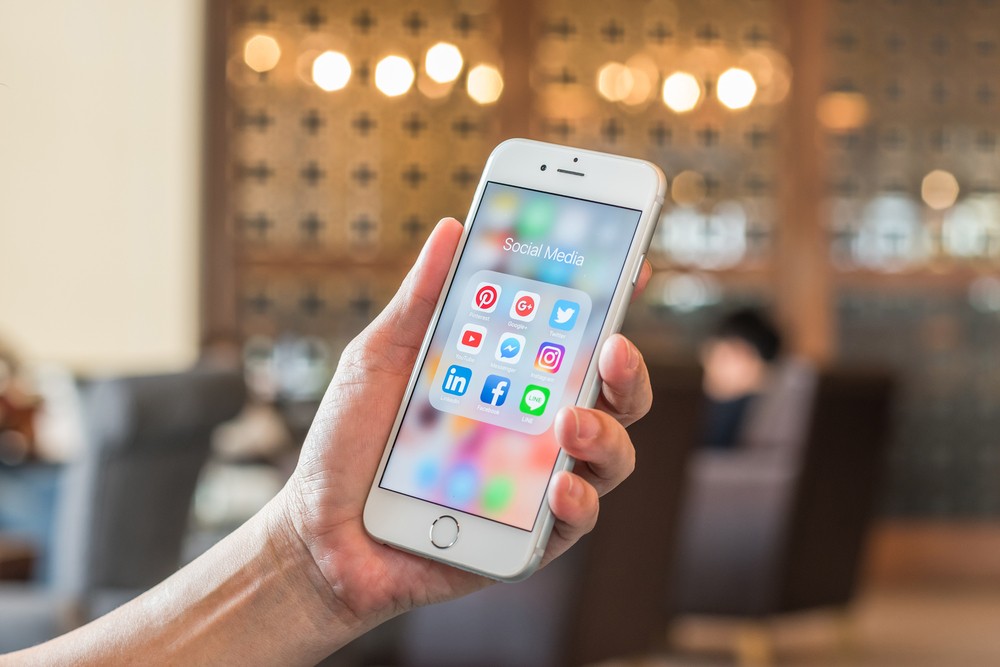Popular Reads
Top Results
Can't find what you're looking for?
View all search resultsPopular Reads
Top Results
Can't find what you're looking for?
View all search resultsEssay: Anti-social and social media
Our addiction to the gadget has given birth to a new “zombie.” We have become slaves to our gadgets and therefore unaware of our own surroundings.
Change text size
Gift Premium Articles
to Anyone
D
uring my train journey from Clayton to Melbourne in the past few weeks, I have noticed that nearly all the passengers are engrossed in their own gadgets: texting, taking on and capturing anything on their phones. Some laugh while playing with their smartphones.
I can still clearly recall how back in 2007 during my time studying in
Canberra most people preferred spending their time reading on the bus rather than using their mobile phones to keep busy.
Despite the inevitable growth of smartphones as the most popular way to access the internet, our addiction to the gadget has given birth to a new “zombie.” We have become slaves to our gadgets and therefore unaware of our own surroundings.
This is particularly true as updating and checking our social media accounts has turned into a favorite pastime. Thanks to our gadget addiction, social media has ironically generated an anti-social mien.
Families are often seen busily fiddling with their gadgets and not communicating with each other while waiting for food to be served at a restaurant. And many marriages have suffered as a result of too much social media use, turning a smartphone into the “other” partner. And, sometimes, people turn to their gadgets to avoid social situations.
In fact, the anti-social impact social media exerts is closely linked to the very essence of technology.
Created for the purpose of making our lives more efficient, social media as a component of the technological advance is quite instrumental in enforcing our individuality.
What we want can be found online, all pressing questions can be answered simply at the touch of a finger. We enjoy chatting with our online friends elsewhere through a smartphone instead of having a real talk with our offline friend — sitting next to us — on a bus or a train.
Some extreme social media users justify their identity through the establishment of anti-social social clubs.
Such clubs attract those who like and love being connected to people online while ignoring their surroundings. They reckon that being anti-social is not a scandalous thing but rather stands for the ultimate freedom. They further opine that being anti-social is their way of thwarting what is considered to be a complete loss of privacy.
Now, young persons are connected to social media their parents cannot access as a way of protecting their privacy. They, for example, choose to create an Instagram account rather than a Facebook account. The former is considered to have more privacy than the latter, which many believe to have become so mainstream that parents and the public can easily access it.
Thankfully, many still have a great respect for humanity and they believe that peace means distancing oneself from the buzz of social media in particular and the internet in general. Many CEOs and IT specialists, for instance, set out for unplugged areas when they go camping. No smartphones. No internet.
They have faith in a real human and environmental engagement as their source of tranquility. Pictures or images provided by social media are not the substitute for real landscapes. We are in danger of becoming visually overloaded. We have seen, but not felt, the personal thrill and sense of achievement of standing on top of a mountain, for example.
In their attempt to prevent social media addiction with a strong anti-social inclination, people who are fed up with social media and the internet now turn to action games. One may argue that playing such games and becoming enamored with social media amounts to a similar result, which is an anti-social demeanor.
The assumption is misleading. Daphne Bavelier, a professor at the University of Geneva and an international expert on how humans learn, has compared the visual abilities of gamers and non-gamers. She has found that individuals who play action video games perform markedly better than those who do not.
Her theory is that fast action games require the players to constantly switch their attention from one part of the screen to another while also staying vigilant for other events in the environment. In a nutshell, those who are good at action games multitask well and not at the expense of their surroundings.
There is nothing wrong with social media. It could stand against the mainstream, which is crammed with certain interests. Social media sites such as Facebook and Instagram signal that the public’s perception is shifting into more personal views. However, the massive zeal for the media is counterproductive and harmful to human connectivity and engagement.
***
The writer, a lecturer at Andalas University, is a doctoral student at Deakin University, Australia.











